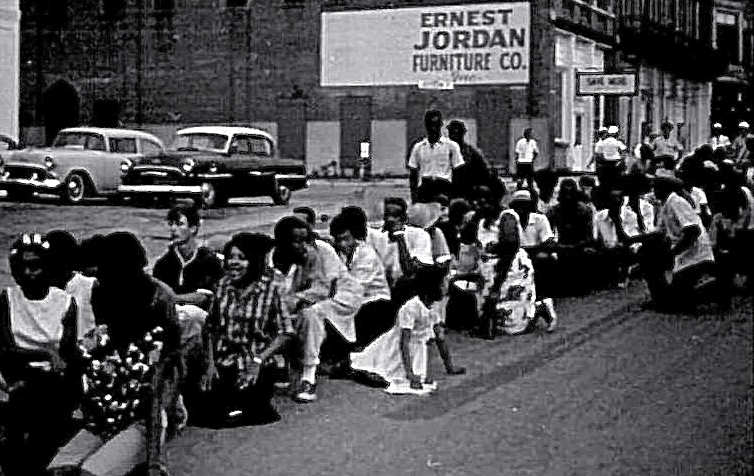During my recent trip to West Virginia for King Day, I was asked to speak to a couple of classes at the Greenbrier Episcopal School, where Greg Wittkamper and Anne Gardner’s daughter, Sallie, is in the eighth grade. A number of the students have aspirations to write or tell stories in some other media, and they wanted to hear from someone who has made a living out of banging verbs and nouns together.
Frankly, I don’t know how they could even understand me on that frigid January morning. I had a cough and the stirrings of a head cold, and my voice was so low and croaky that I could have sung bass for a gospel quartet. But I soldiered on, and Greg and I told them about the story behind “The Class of ’65” (his tale, mostly) and how it became a book (my tale, mostly).
At one point, Greg asked me to tell everyone about the volunteer editor who changed one of the chapter titles. That would be Sallie, his youngest daughter, who was part of our audience. Sallie must have been all of 13 when she read the manuscript, which details the trials her father went through in Americus, Ga., as he grew up at Koinonia, the embattled Christian farming commune, and braved constant abuse at Americus High School during its desegregation. The shortest chapter of the book concerns the day when a large pack of Greg’s classmates confronted him after school and one of them punched him in the face. My unimaginative title for the chapter? “The Fight.” Sallie read it and suggested an alternative: “Still Standing.” Her title was more accurate, more intriguing and better in every way. I changed the name of Chapter 8 without hesitation. Thank you, Sallie.
I was impressed that these students sincerely wanted to hear what it takes to tell a story in book form. I hope they were inspired by the knowledge that one of their own had an impact on “The Class of ’65.”
Thank you to Birch Graves and Carrie Bailey, the teachers who invited Greg and me to speak to their classes, and to all the students who listened to us and then, as we were leaving, came up and hugged us one by one. Well, all except for the boy who gave me a fist bump. I understand: A dude’s gotta be cool.

